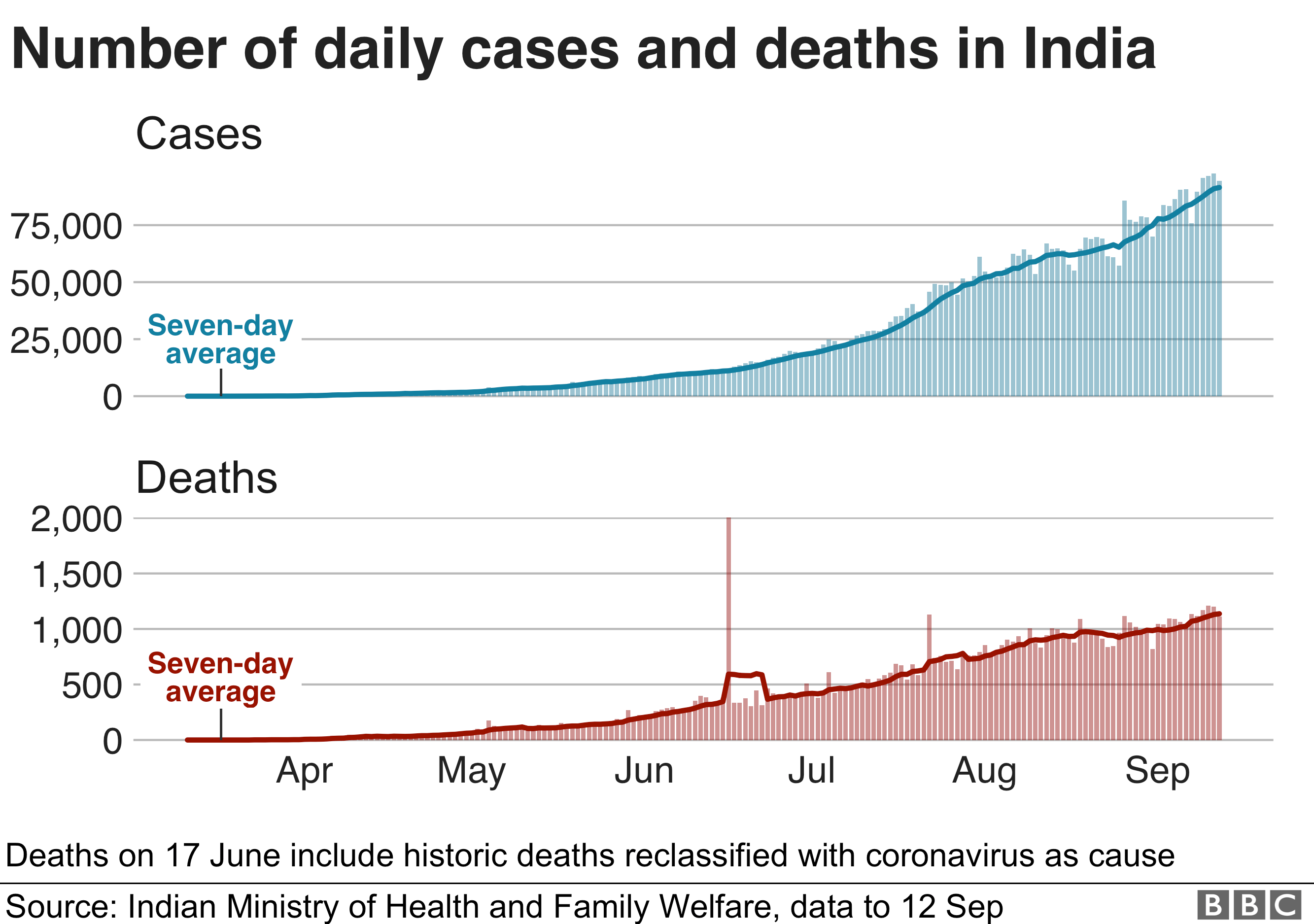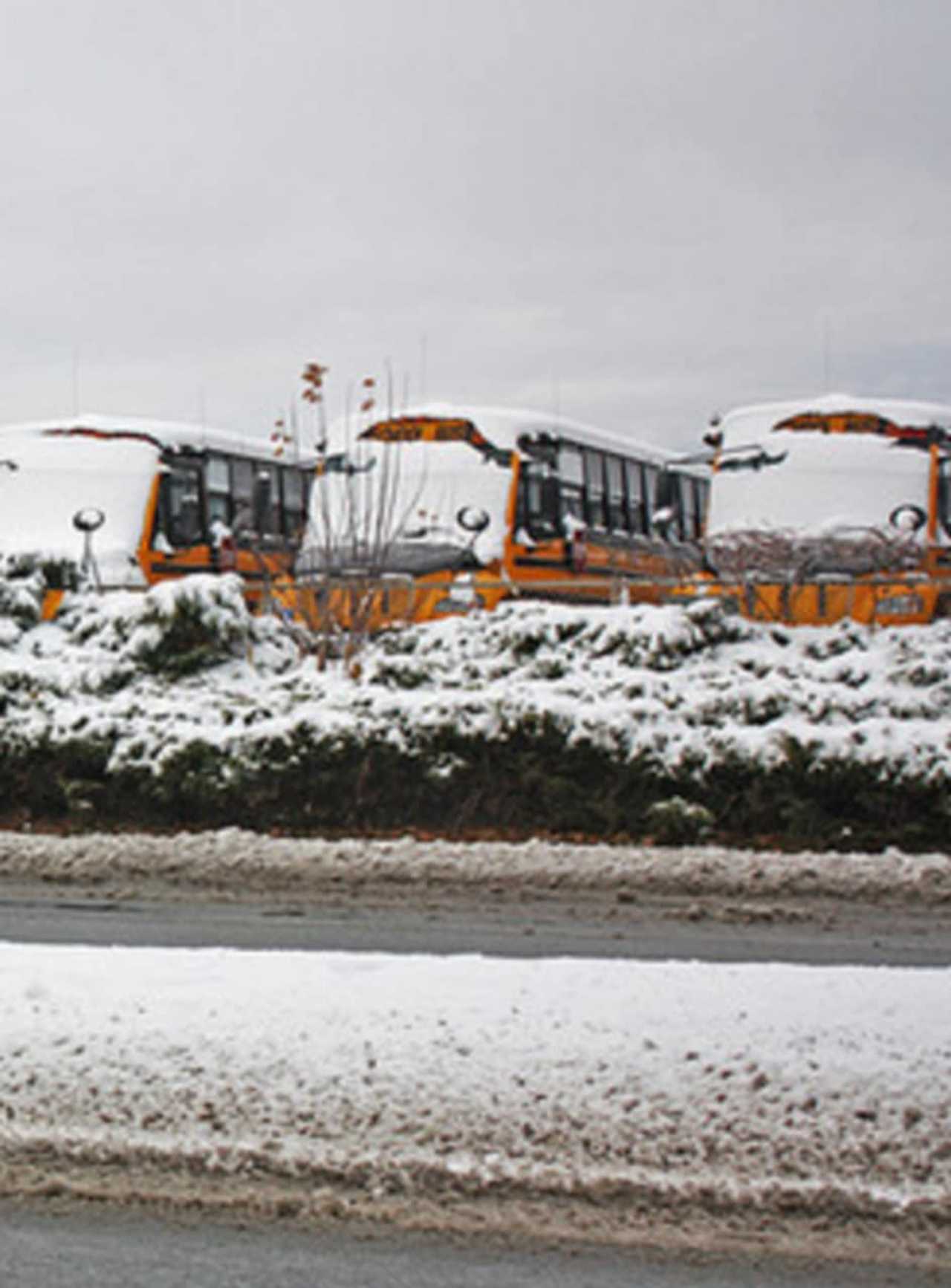Local Schools Announce Extended Closures Due To Rising COVID-19 Cases
Editor's Notes: "Local Schools Announce Extended Closures Due To Rising COVID-19 Cases" have published today date. Local Schools Announce Extended Closures Due To Rising COVID-19 Cases is important because it keeps parents, teachers, and the community informed about the latest developments in the local school district's response to the COVID-19 pandemic.
Our team has analyzed and dug information, made Local Schools Announce Extended Closures Due To Rising COVID-19 Cases we put together this Local Schools Announce Extended Closures Due To Rising COVID-19 Cases guide to help target audience make the right decision.

COVID-19 cases rise across the South ahead of Thanksgiving - Source www.usatoday.com
The following table provides a summary of the key differences between the two options:
| Feature | Option 1 | Option 2 |
|---|---|---|
| Number of days closed | 14 days | 21 days |
| Start date | March 16, 2020 | March 16, 2020 |
| End date | March 30, 2020 | April 6, 2020 |
The decision to extend school closures was made in consultation with local health officials. The district is committed to providing a safe and healthy learning environment for all students and staff. The district will continue to monitor the situation and make decisions based on the latest guidance from health officials.
FAQ
In response to the Local Schools Announce Extended Closures Due To Rising COVID-19 Cases, various questions have arisen. Here are answers to frequently asked questions:
Question 1: Will students still receive instruction during the extended closure?
Yes, students will continue to receive instruction through remote learning platforms. Teachers will provide online lessons, assignments, and virtual office hours to ensure students stay engaged in their studies.
Question 2: What resources are available to families who lack access to technology for remote learning?
Schools are working with local organizations to provide devices and internet access to families in need. Contact your school district for information on available resources.
Question 3: How long will the extended closure last?
The duration of the closure will depend on the evolution of COVID-19 cases. Schools will monitor the situation and provide updates as they become available.
Question 4: Will extracurricular activities be affected by the closure?
Yes, all extracurricular activities, including sports, clubs, and after-school programs, are suspended during the closure to minimize the risk of spreading the virus.
Question 5: What measures are being taken to ensure the health and safety of students and staff upon their return?
Schools are implementing enhanced cleaning and disinfection protocols, establishing social distancing guidelines, and exploring options for staggered attendance to reduce the number of people in school buildings.
Question 6: How can parents and community members support students during this time?
Parents and community members can provide emotional support, encourage students to engage in their remote learning, and adhere to public health guidelines to help mitigate the spread of COVID-19.
Remember, the situation remains fluid, and schools will continue to adapt as necessary. Stay informed by checking your school district's website and social media pages for the latest updates.

Store closings 2020: Expect more liquidation sales due to COVID-19 - Source www.usatoday.com
For further information, refer to the official school district announcements and public health guidelines.
Tips for Navigating Extended School Closures
In response to the surge in COVID-19 cases, local schools have announced extended closures. While these measures are necessary to ensure public health, they can also be disruptive to students, families, and educators. The following tips provide guidance for navigating these challenges:

Coronavirus: WHO reports record daily rise in new infections - BBC News - Source www.bbc.com
Tip 1: Establish a Structured Home Learning Environment
Create a designated study area that is free from distractions. Establish a regular schedule for studying, breaks, and physical activity. Encourage students to adhere to this schedule as much as possible.
Tip 2: Stay Connected with School
Students should regularly check their school's website, email, and learning management system for updates. They should also reach out to teachers and classmates for support and clarification.
Tip 3: Utilize Online Learning Resources
Many schools provide access to online learning platforms, videos, and interactive simulations. Encourage students to explore these resources to supplement their learning.
Tip 4: Encourage Reading and Independent Learning
Set aside time each day for students to engage in independent reading. Encourage them to choose books of interest and explore topics that they are passionate about.
Tip 5: Seek Support When Needed
If students encounter difficulties or feel overwhelmed, they should reach out to teachers, counselors, or parents for support. Schools may also offer virtual tutoring or support services.
Tip 6: Practice Patience and Flexibility
Adjustments to extended closures may take time. Be patient with students and yourself. Adapt the learning environment as needed to meet individual needs.
Tip 7: Stay Informed and Follow Guidelines
Regularly check school and local health department websites for updates on closures and safety guidelines. Adhere to social distancing and mask-wearing recommendations to protect yourself and others.
By implementing these tips, students, families, and educators can effectively navigate the challenges of extended school closures while ensuring the safety and well-being of their communities.
Local Schools Announce Extended Closures Due To Rising COVID-19 Cases
In response to the increasing prevalence of COVID-19 cases, local schools have announced extended closures, affecting students, parents, and educators alike. This decision highlights the significance of six key aspects: Public health concerns, educational implications, economic disruptions, social-emotional well-being, community collaboration, and long-term impact.
- Public Health: Health and safety concerns necessitate school closures to mitigate the spread of COVID-19.
- Education: Extended closures disrupt academic progress, requiring innovative approaches to ensure students' learning continuity.
- Economy: Closures impact working parents, childcare arrangements, and local businesses reliant on school-related activities.
- Well-being: School closures affect students' social-emotional well-being, limiting interactions with peers and support systems.
- Collaboration: Parents, teachers, and school administrators must work together to address the challenges of extended closures.
- Long-term Impact: The extended closures may have long-term consequences for students' academic progression and social development.
Coronavirus: US-Canada, US-Mexico border closures extended until June - Source www.usatoday.com
These aspects intertwine to underscore the complexity of extended school closures. Public health concerns necessitate prioritizing safety while recognizing the educational implications and economic disruptions. It is crucial to address the social-emotional well-being of students and foster collaboration among stakeholders to mitigate the long-term impact on their academic and personal growth.
Local Schools Announce Extended Closures Due To Rising COVID-19 Cases
Due to the recent surge in COVID-19 cases, local schools have made the difficult decision to extend school closures to help curb the spread of the virus. This decision was made in consultation with local health officials and experts, who determined that the risk of transmission in schools was too high to justify keeping them open.
New Update - Schools Announce Closures Due To Storm | Tappan-Blauvelt - Source dailyvoice.com
The rising number of cases in the community has put a strain on local healthcare resources. Hospitals are nearing capacity, and healthcare workers are stretched thin. By closing schools, officials hope to reduce the number of people who are exposed to the virus and slow the spread of the disease. This will help to protect the community as a whole, including students, staff, and families.
School closures are not without their challenges. Students who are unable to attend school in person may fall behind in their studies. They may also miss out on important social and emotional development opportunities. However, officials believe that the benefits of closing schools outweigh the risks. They are committed to providing students with the support they need to continue learning during this challenging time.
The decision to close schools is a difficult one, but it is the right one for the community. By working together, we can slow the spread of COVID-19 and protect the health of our community.
| Cause | Effect |
|---|---|
| Rising COVID-19 cases | Extended school closures |
| Strain on healthcare resources | Reduced risk of transmission |
| School closures | Challenges for students |
| Community cooperation | Slowed spread of COVID-19 |
Conclusion
The decision to close schools is never easy and the challenges that school closures present are significant. However, it was the right decision for this community, and school closures have been shown to be an effective way to slow the spread of COVID-19. By working together, communities can get through this difficult time and emerge stronger than ever before.
In the meantime, it is important to stay informed about the latest developments in the COVID-19 pandemic and to follow the guidance of public health officials. By taking these steps, we can all help to protect ourselves, our loved ones, and our community.

